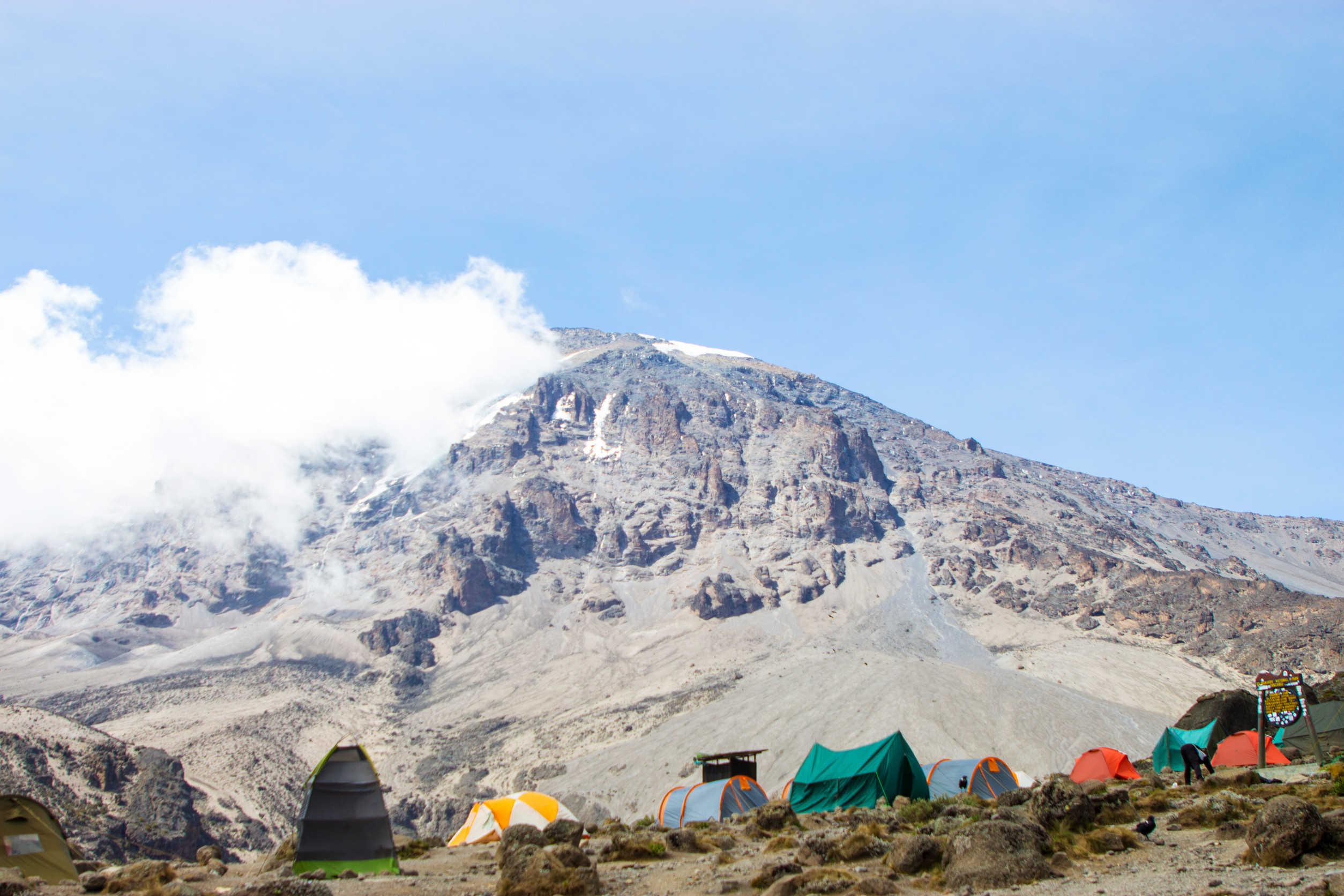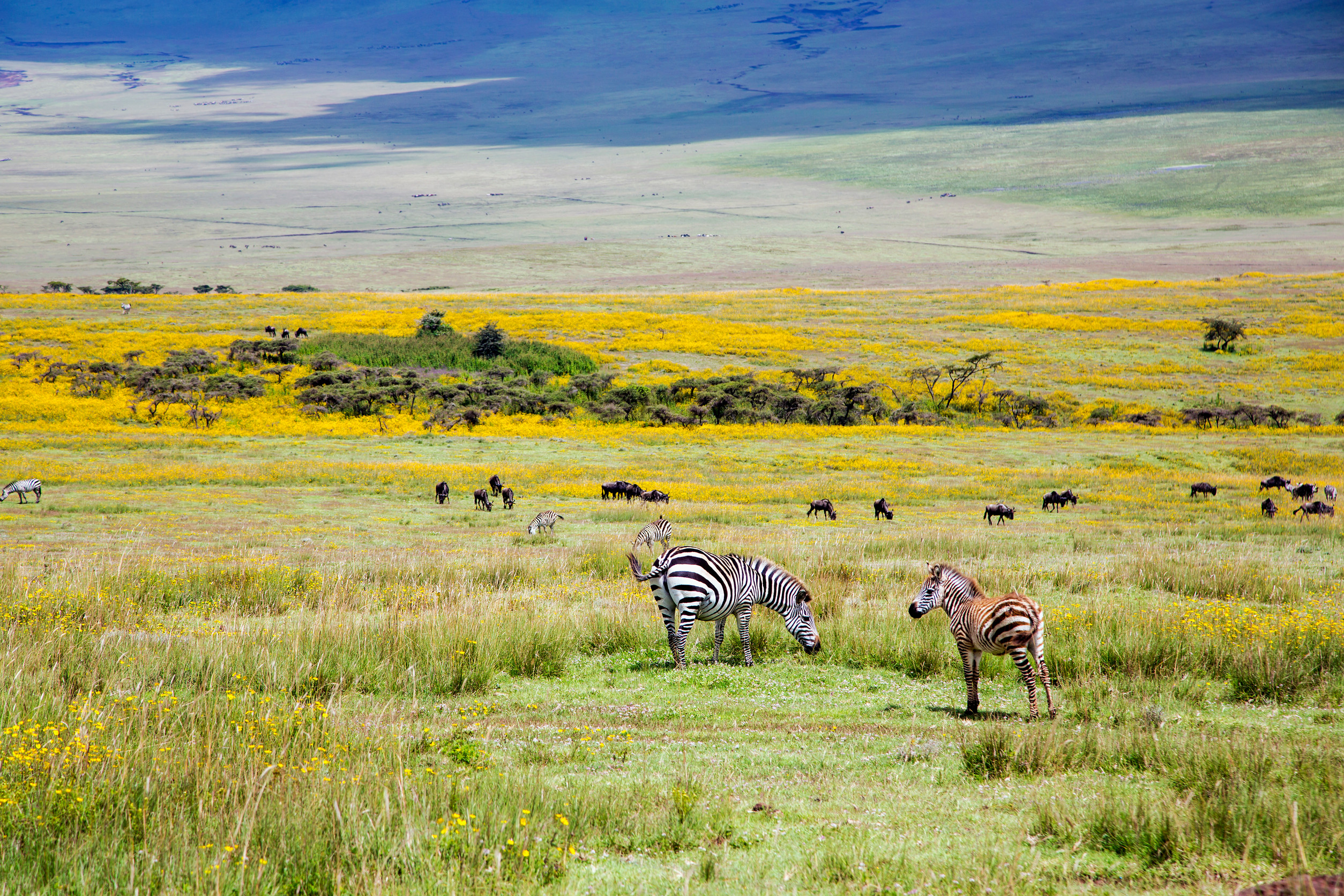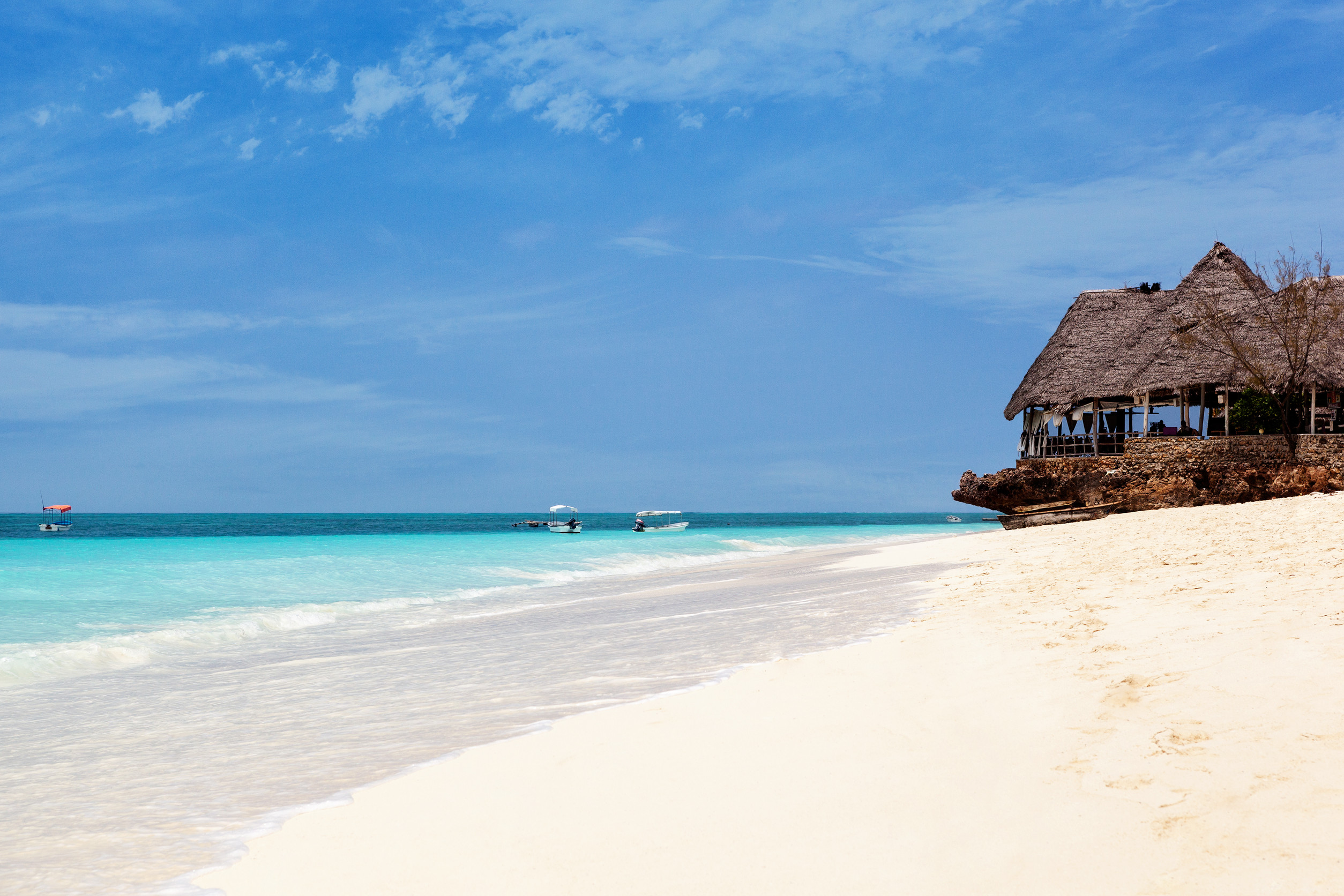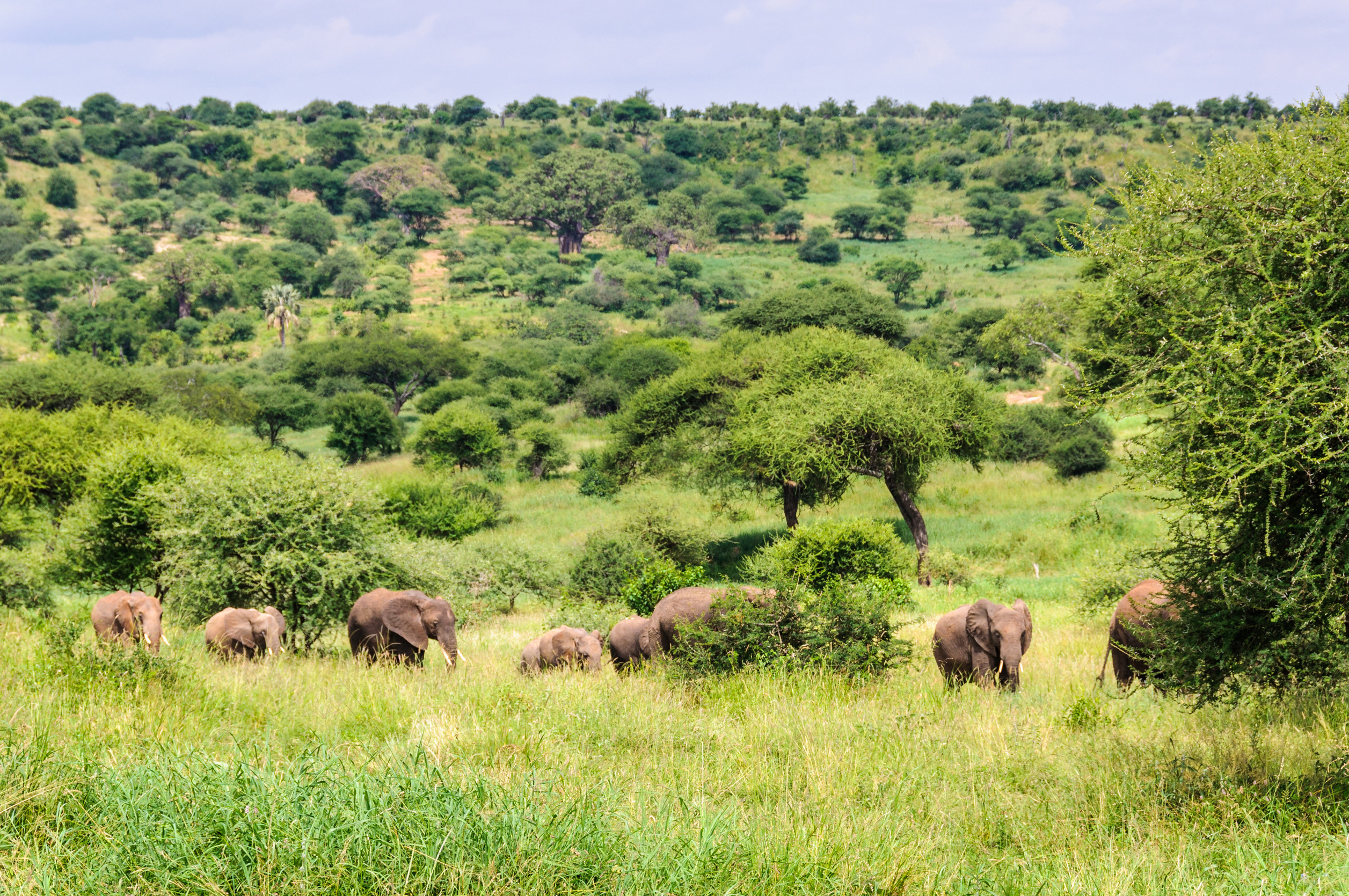Tanzania has taken a significant step in boosting its tourism industry by introducing a visa-free entry policy for travelers from 46 countries. This progressive move aims to attract more international visitors, foster economic growth, and enhance Tanzania’s position as a premier tourist destination in Africa.
With its stunning landscapes, rich wildlife, and cultural heritage, Tanzania is already a top travel destination. By removing Tanzania visa requirements for select nations, the government hopes to make travel more accessible and encourage foreign investment, trade, and cultural exchange.
Why Tanzania Introduced the Visa-Free Policy
Tourism plays a crucial role in Tanzania’s economy, contributing nearly 10% of the country's GDP. The decision to ease visa restrictions aligns with a global trend where countries simplify entry requirements to attract visitors. The key benefits of this policy include:
- Increased Tourist Arrivals: Making travel easier for foreign nationals encourages more visitors, boosting revenue from tourism-related services.
- Stronger International Relations: Strengthening ties with countries included in the visa-free list promotes diplomatic and economic cooperation.
- Economic Growth: Tourism directly impacts local businesses, including hotels, restaurants, tour operators, and souvenir shops.
- Job Creation: The expansion of the tourism sector generates employment opportunities in hospitality, transport, and other industries.
Countries Eligible for Visa-Free Travel to Tanzania
Under the new policy, citizens from 46 countries can now visit Tanzania without requiring a visa. The list includes nations from Africa, Asia, Oceania, North America, and Europe:
Africa: Botswana, Gambia, Ghana, Kenya, Madagascar, Malawi, Mauritius, Morocco, Mozambique, Namibia, Rwanda, Seychelles, South Africa, Uganda, Zambia, Zimbabwe, Democratic Republic of the Congo, Eswatini, Lesotho, South Sudan.
Asia: Brunei, Malaysia, Singapore, Cyprus.
Oceania: Nauru, Papua New Guinea, Solomon Islands, Tonga, Tuvalu, Vanuatu.
North America: Antigua and Barbuda, Bahamas, Barbados, Belize, Dominica, Grenada, Jamaica, Saint Kitts and Nevis, Saint Lucia, Saint Vincent and the Grenadines, Trinidad and Tobago.
Europe: Romania, Malta.
By offering visa-free entry, Tanzania facilitates smoother travel and encourages visitors from these countries to explore its breathtaking destinations.
Tanzania’s Top Tourist Attractions
Tanzania is a globally renowned travel destination, offering breathtaking landscapes, exceptional wildlife encounters, and a rich cultural heritage. From vast savannahs to tropical beaches and towering peaks, the country’s diverse attractions cater to adventure seekers, nature lovers, and cultural enthusiasts alike. Here are some of the top tourist hotspots that draw millions of visitors each year:
Serengeti National Park

Serengeti is one of the most famous safari destinations in the world, best known for the Great Wildebeest Migration—a breathtaking natural event where over two million wildebeest, zebras, and gazelles traverse the plains in search of greener pastures. The park is also home to the Big Five (lion, leopard, elephant, rhino, and buffalo) and offers year-round wildlife viewing in its endless golden grasslands.
Mount Kilimanjaro

As Africa’s tallest mountain and the world’s highest free-standing peak, Mount Kilimanjaro is a dream destination for hikers and adventure seekers. Rising 5,895 meters (19,341 feet) above sea level, it offers breathtaking landscapes, from lush rainforests to glacier-capped summits. Climbers can choose from various trekking routes, each offering a unique experience and stunning views of the African wilderness.
Ngorongoro Conservation Area

A UNESCO World Heritage Site, Ngorongoro Crater is a massive volcanic caldera teeming with wildlife, making it one of the most spectacular safari destinations in Africa. Often called the "Eden of Africa," it provides a natural haven for the Big Five and a vast array of other species, including hippos, flamingos, and cheetahs. The area is also rich in human history, with the Olduvai Gorge recognized as one of the earliest known sites of human habitation.
Zanzibar Archipelago

For those seeking a tropical paradise, Zanzibar offers pristine white sandy beaches, turquoise waters, and a vibrant Swahili culture. The historic Stone Town, a UNESCO World Heritage Site, boasts narrow alleys, spice markets, and stunning Arab, Persian, and European architecture. Zanzibar’s marine life is equally mesmerizing, with excellent snorkeling and diving spots, including coral reefs teeming with colorful fish and dolphins.
Tarangire National Park

A hidden gem among Tanzania’s safari parks, Tarangire National Park is famed for its large elephant herds and striking ancient baobab trees. The park offers an authentic wilderness experience, with seasonal rivers attracting diverse wildlife, including giraffes, wildebeest, and leopards. Tarangire is also a haven for bird watchers, with over 500 bird species recorded, making it a must-visit destination for nature enthusiasts.
How the Visa-Free Policy Enhances Travel to Tanzania
To accommodate the anticipated rise in tourists, Tanzania has invested in improving infrastructure and accessibility. The country is well-connected with international flights arriving at:
- Julius Nyerere International Airport (Dar es Salaam) – Tanzania’s largest airport, serving as the main gateway for international travelers.
- Kilimanjaro International Airport – Providing easy access to northern safari destinations.
- Abeid Amani Karume International Airport (Zanzibar) – Connecting travelers to the tropical island paradise.
- Arusha Airport – Facilitating domestic travel for safari expeditions.
These improved transport links, combined with visa-free access, will further encourage global travelers to explore Tanzania.
The Economic Impact of Tourism in Tanzania
Tanzania's tourism industry has been among the major drivers of economic growth, and it has been a significant source of employment, foreign exchange revenue, and investment in infrastructure. International tourist arrivals in Tanzania have experienced a steady growth trend over the years, and this is expected to continue in the wake of the newly announced visa-free policy.
Increase in International Tourist Arrivals
In 2023, Tanzania received over 1.8 million foreign tourists, a whopping 24.3% more than the previous year. The rise is a testament to Tanzania's increasing popularity as one of Africa's leading tourist destinations, driven by its world-class wildlife safaris, cultural experiences, and stunning scenery. The granting of visa-free entry to 46 countries will also increase tourist arrivals, with travel to Tanzania becoming easier and more convenient.
Job Creation and Local Business Growth
The tourism sector plays a crucial role in job creation, providing both direct and indirect employment for millions of Tanzanians. Ranging from hotel staff and guides to artists and transport providers, many locals are dependent on the industry for survival. With the influx of tourists to Tanzania, there will be more demand for services such as accommodation, feeding, and guiding, which means more income and business for the local population.
Boost to Other Economic Sectors
Tourism has the multiplier impact on other sectors of the economy, including transport, agriculture, and handicraft. An increase in tourists increases the demand for local foodstuffs, souvenirs, and transport services and benefits small farmers, artisans, and small traders. Tourism expansion also encourages the development of the transport infrastructure in terms of roads, airport improvement, and hotel and accommodation establishments, which encourages more economic expansion.
Thriving Hospitality and Accommodation Industry
The tourism sector has grown fast to accommodate the growing number of tourists. High-end hotels, boutique hotels, eco-lodges, and budget accommodations continue to sprout, catering to diverse tastes of travelers. The growth not only enhances the capacity of the country to host more visitors but also raises the quality of tourist services in Tanzania overall.
Strengthening Tanzania’s Global Tourism Competitiveness
By abolishing visa restrictions, Tanzania has become a more attractive destination for tourists, business travelers, and adventure enthusiasts. The visa-free policy is expected to make the nation more competitive in the global tourism market, placing it among Africa's most open and tourist-friendly destinations. This action aligns with global trends in tourism development, where simpler entry conditions bring more visitors and extended stays.
The long-term economic gains for Tanzania are likely to be provided by sustained growth in the tourism sector, further establishing Tanzania as a leading travel destination in Africa. With expanded access and higher global interest, Tanzania will get more tourists, have more jobs, and solidify its role in global tourism.
Future Prospects for Tanzania’s Tourism Sector
By removing visa barriers, Tanzania has positioned itself as a more attractive destination for international travelers. The government is also working on:
- Expanding eco-tourism and conservation efforts to protect its wildlife and national parks.
- Developing new luxury resorts and eco-lodges to cater to high-end tourists.
- Strengthening digital tourism marketing to reach global travelers through online platforms.
Conclusion
With its visa-free policy for 46 countries, Tanzania is set to experience unprecedented growth in tourism. Whether it’s witnessing the Great Migration, climbing Mount Kilimanjaro, or relaxing on Zanzibar’s beaches, Tanzania offers unforgettable experiences for travelers. This bold move not only promotes global mobility but also strengthens Tanzania’s economy and international relations. As more tourists take advantage of visa-free travel, Tanzania is well on its way to becoming one of Africa’s most visited and most welcoming destinations.